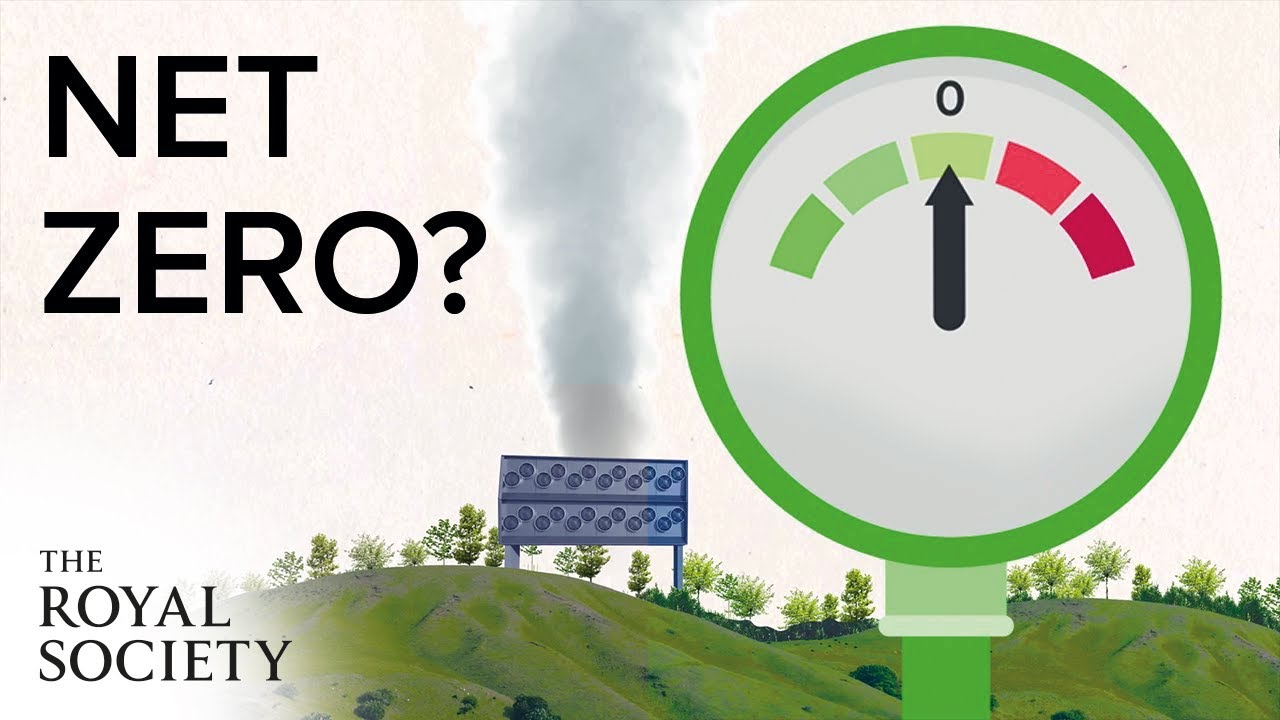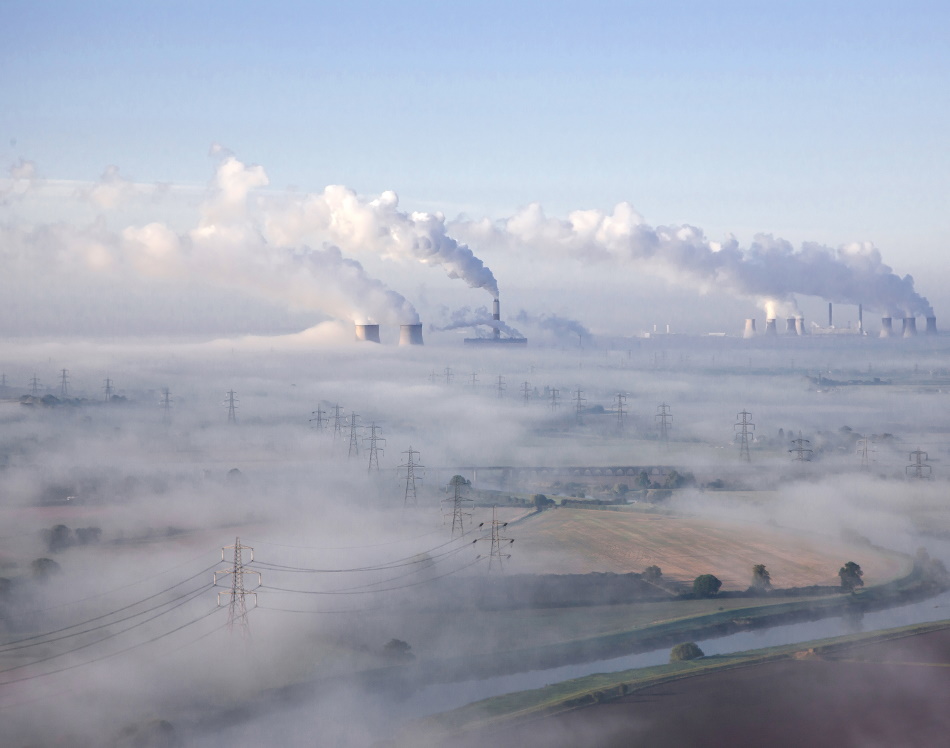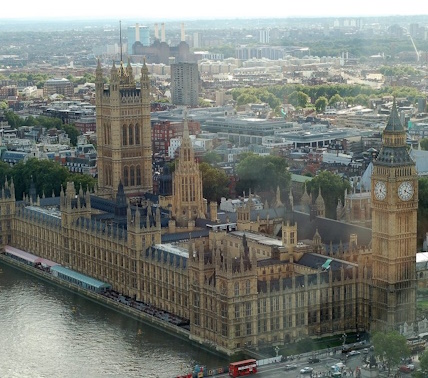Is net zero by 2050 necessary in the UK?
Human induced climate change caused by the burning of fossil fuels and other activities has resulted in fundamental changes to our planet. It is increasing the risk of extreme weather, warming oceans and causing ice caps to melt resulting in sea level rise, and threatening ecosystems, lives and livelihoods across the world.
Rigorously tested and reviewed scientific evidence, built up over decades, shows that the world must rapidly reduce emissions and reach net zero to keep warming to well below 2°C, a target accepted as necessary to avoid dangerous impacts of warming. For countries like the UK1 this leads to a target to bring greenhouse gas emissions to net zero2 by 20503, as enshrined in law.
Net zero – what is it and why is it necessary?
Due to human activities, the concentration of carbon dioxide and other greenhouse gases in the atmosphere continues to increase. The most important cause of this increase is the burning of fossil fuels. As long as this continues, Earth’s climate will continue to warm. The concept of net zero simply encapsulates the logic that until our emissions of greenhouse gases4 are balanced by our removals, the climate will warm. Every increment of further warming increases the risk of severe, rapid and irreversible climate change.
What are the climate dangers for the UK?
In the UK we have experienced increases in heat waves, flooding, and wildfires as a result of the changing climate. Climate change and biodiversity loss are transnational challenges that present severe tests to global resilience, driving poverty, instability, conflict, disease and migration across the globe that will affect us all.
What is the level of public support for achieving net zero?
Nearly 80%5 of the public are concerned about climate change in the UK and more than six in ten6 support the government’s commitment to net zero by 2050. Giving up on net zero by 2050 would be putting the world at risk of the even greater risks associated with warming above 2°C.
What are the UK’s commitments and opportunities around achieving net zero?
By enshrining the net zero by 2050 target in law, the UK is providing global leadership and seeking to capitalise on the growth opportunities in green tech where we have a comparative advantage such as offshore wind. There are also opportunities in areas such as carbon capture and storage and green finance. Many measures that address climate change also have benefits for health, air quality and quality of life. The UK is responsible for 1% of global emissions, while our much larger historic emissions going back to the Industrial Revolution continue to contribute to climate change7. Another 195 countries signed up to the Paris Agreement, the legally binding international treaty on climate change, committing themselves to keeping temperature increase to well below 2°C.














